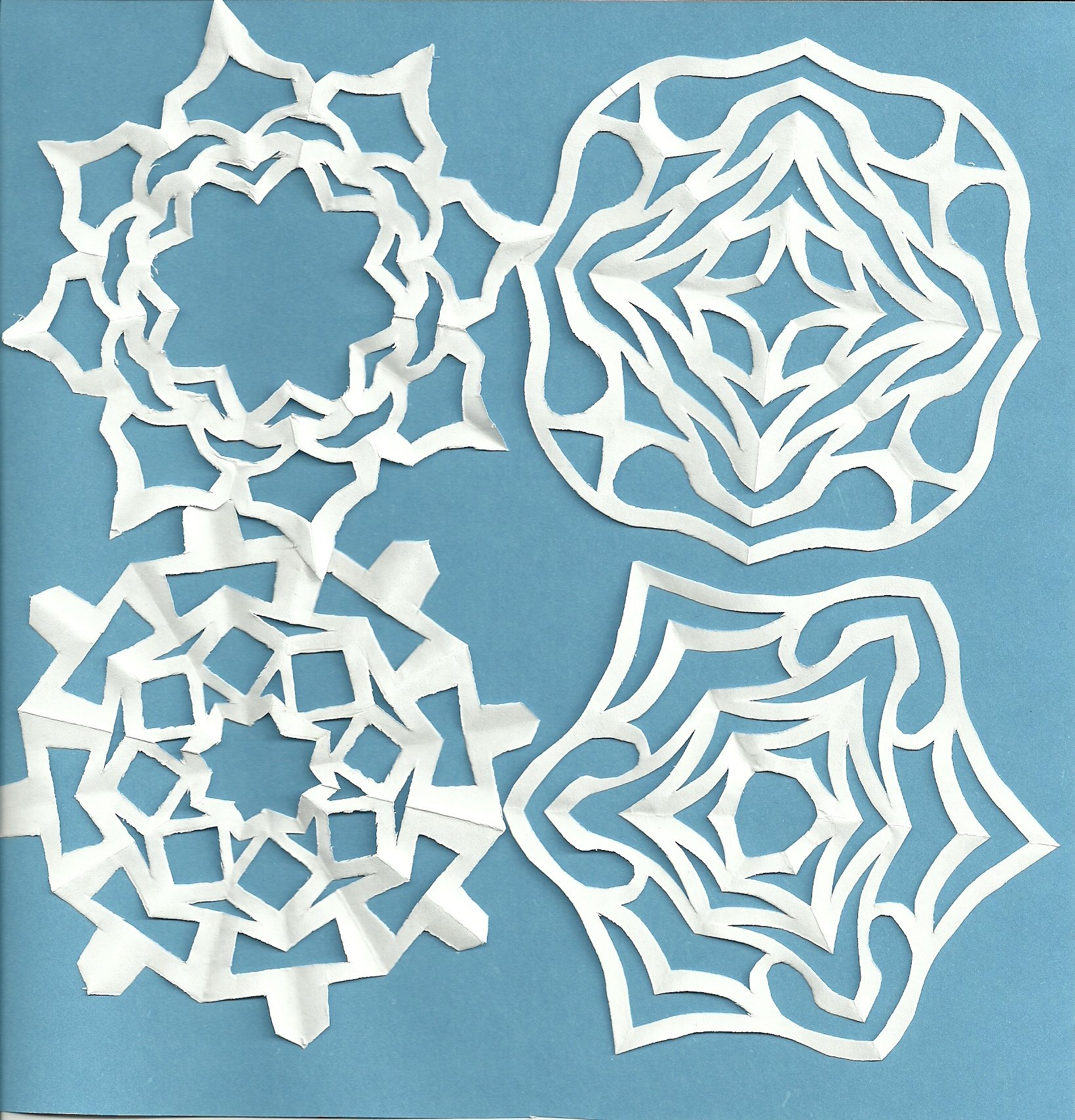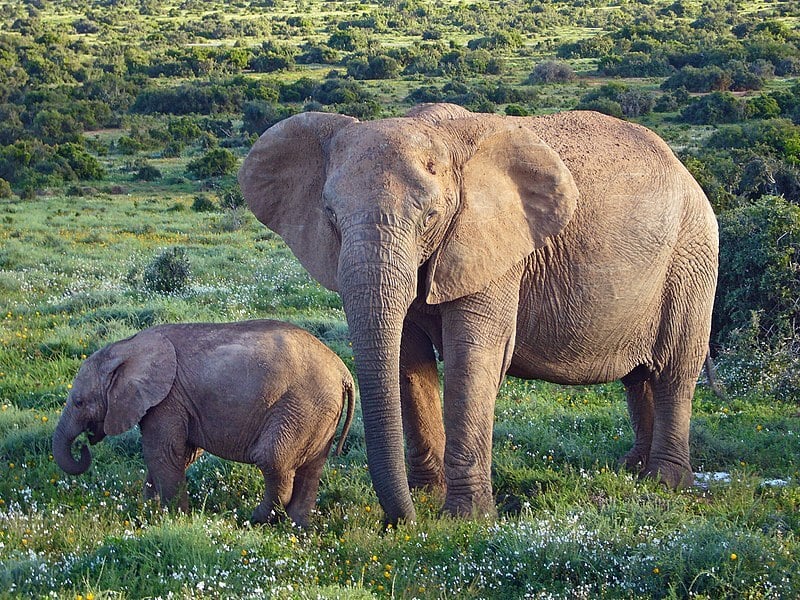Are you searching for new and innovative ways to educate students about science? We’ve curated this list of science videos for 2nd grade with that purpose. In these science videos, students will learn about the characteristics of soil, how to build a reusable volcano, the importance of seed germination, the basics of water cycles and its effect on weather, and a familiarity with maps and globes.
Educators get free access to Boclips Classroom to share these videos directly with students in an ad-free, distraction-free platform. Sign up to share more than 1.7M safe, educational videos.
Why Different Soils Feel Different
In “Why Different Soils Feel Different,” Squeaks and Mister Brown do some experiments with soil and talk about why different soils feel different. They also show how to plan, conduct, and investigate to determine if plants need sunlight and water to grow.
This video highlights the importance of soil texture for plant growth and shares how to identify the three main components of soil (clay, silt, and sand). By the end of this science video, 2nd graders will be able to describe the characteristics of each soil component and explain how soil texture affects water retention and drainage.
How to Make a Reusable Volcano
This quick, two minute science video for 2nd grade shows students a step-by-step way to build a reusable volcano. In “How to Make a Reusable Volcano,” watch and learn what tools are needed, which solutions to use, and how it looks before and during an eruption. Students will get to witness first hand the magic of making a volcano.
I WONDER - How Do Seeds Spread?
In “I WONDER - How Do Seeds Spread?,” students are taught how to understand the various ways seeds can travel to different places without being planted. They will recognize the role of the wind in carrying seeds to new locations and identify seeds with wings as a mechanism for long-distance dispersal.
This video explores how animals can contribute to seed dispersal through burying or carrying them to other places. The best part? Kids will appreciate the importance of specific conditions for seed germination.
Earth Science: The Water Cycle
“Earth Science: The Water Cycle” shows kids a fun way to learn important facts about earth science and prepare for tests. This video takes students on a fascinating journey to the Super Science Station to learn about the water cycle and the basics of how the water cycle affects weather on Earth.
The sun provides the energy that drives the water cycle. Students will learn how water evaporates into the air, condenses into clouds, and precipitates back to the ground. Understand how uneven heating of the Earth's land and water leads to precipitation in different locations.
Introduction to Maps and Globes
In this video, ”Introduction to Maps and Globes,” the concept of how maps are commonly used in paper or digital form to navigate and locate places, while globes are spherical representations of the Earth is explained. Students will be able to:
- Understand the purpose and use of maps.
- Learn about different types of maps, including weather maps and digital maps.
- Visualize traditional maps printed on paper and digital maps viewed on computers.
- Differentiate between maps and globes in terms of shape and representation of Earth.
- Recognize that both maps and globes are drawn to scale.
- Get an introduction to the concept of scale and its relevance in mapping.
Nora Kane
Senior Editing and Partnerships Associate Nora has a background in media production with a focus in education and language learning. She currently works on the Boclips Content Team where she edits videos, manages content partner relationships, and sometimes makes playlists.
- #Classroom
- #Video in Digital Learning
- #Educational Videos
- #Tips for Using Video
- #Video Content Partners
- #Boclips for Publishers
- #Issues in Education
- #Educational Videos by Subject Area
- #News and Announcements
- #Events & Holidays
- #Video and Teaching Tools
- #Teaching Methodologies
- #Education Videos
- #Video and Digital Literacy
- #Short Educational Videos
- #Instructional Design
- #Multimodal Learning
- #Video and Student Safety
- #Accessibility in Education
-3.png?width=390&height=223&name=Untitled%20design%20(2)-3.png)


.png?width=1152&height=660&name=Copy%20of%20Untitled%20Design%20(1).png)








